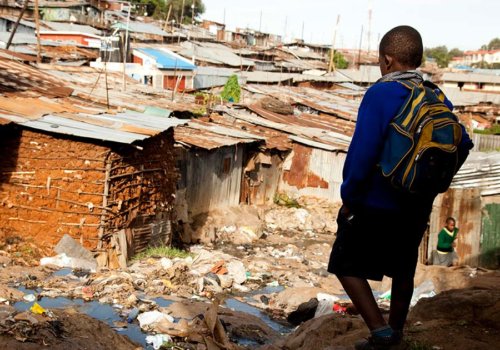The World Bank has identified sluggish growth, low human capital, labor market weaknesses and exposure to shocks as factors holding Nigeria’s poverty reduction back.
The Washington-based institution stated this in its latest report titled: “A Better Future for All Nigerians: Nigeria Poverty Assessment 2022,” obtained Tuesday.
The report represented the culmination of the World Bank’s engagement on poverty- and inequality-relevant data and analytics in Nigeria in the past two years.
It drew primarily on the 2018/19 Nigerian Living Standards Survey (NLSS), which provided Nigeria’s first official poverty numbers in almost a decade, as well as the Nigeria COVID-19 National Longitudinal Phone Survey (NLPS).
The surveys were implemented by Nigeria’s National Bureau of Statistics (NBS) in collaboration with the World Bank.
According to the report, which brought together the latest evidence on the profile and drivers of poverty in Nigeria, as many as four in 10 Nigerians live below the national poverty line.
It noted that many Nigerians – especially in the country’s north – also lacked education and access to basic infrastructure, such as electricity, safe drinking water, and improved sanitation.
The report further noted that jobs do not translate Nigerians’ hard work into an exit from poverty, “as most workers are engaged in small-scale household farm and non-farm enterprises; just 17 per cent of Nigerian workers hold the wage jobs best able to lift people out of poverty.”
The report added that climate and conflict shocks – which disproportionately affect Nigeria’s poor – were multiplying, and their effects had been compounded by COVID-19; “yet government support for households was scant.”
“Households have adopted dangerous coping strategies, including reducing education and scaling back food consumption, which could have negative long-run consequences for their human capital.
“These issues affect some parts of Nigeria more than others; the report captures this spatial inequality by providing statistics at the state level, which is crucial given Nigeria’s federal structure.
“It is clear that much needs to be done to help lift millions of Nigerians out of poverty, including boosting health and education, bolstering productive jobs, and expanding social protection,” World Bank Country Director for Nigeria, Shubham Chaudhuri said.




